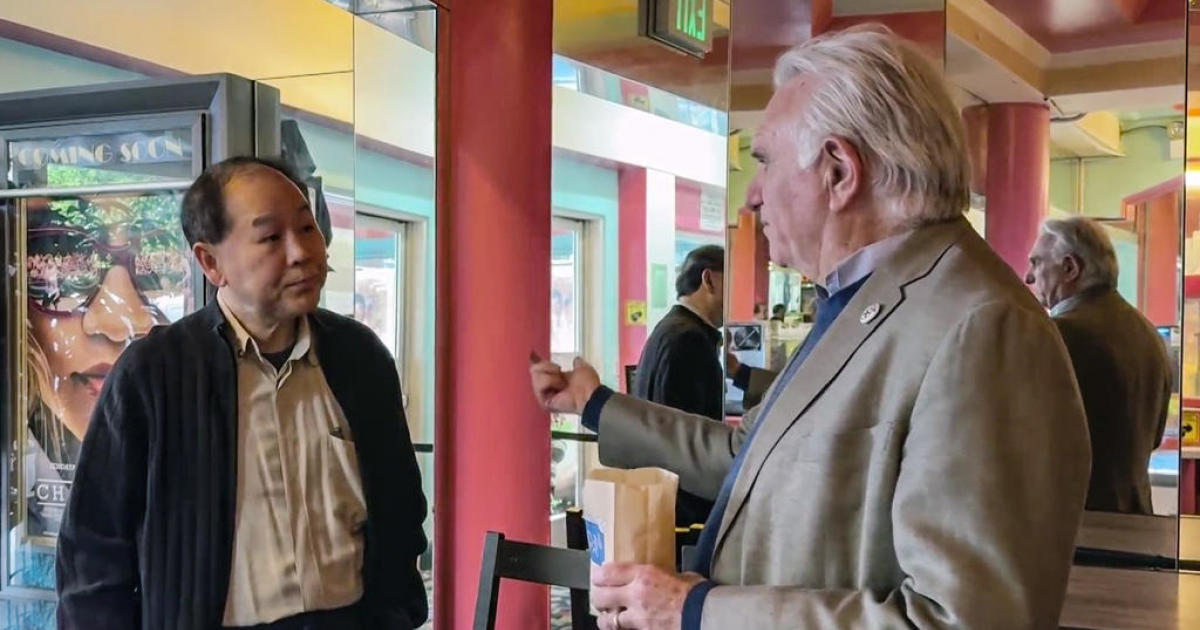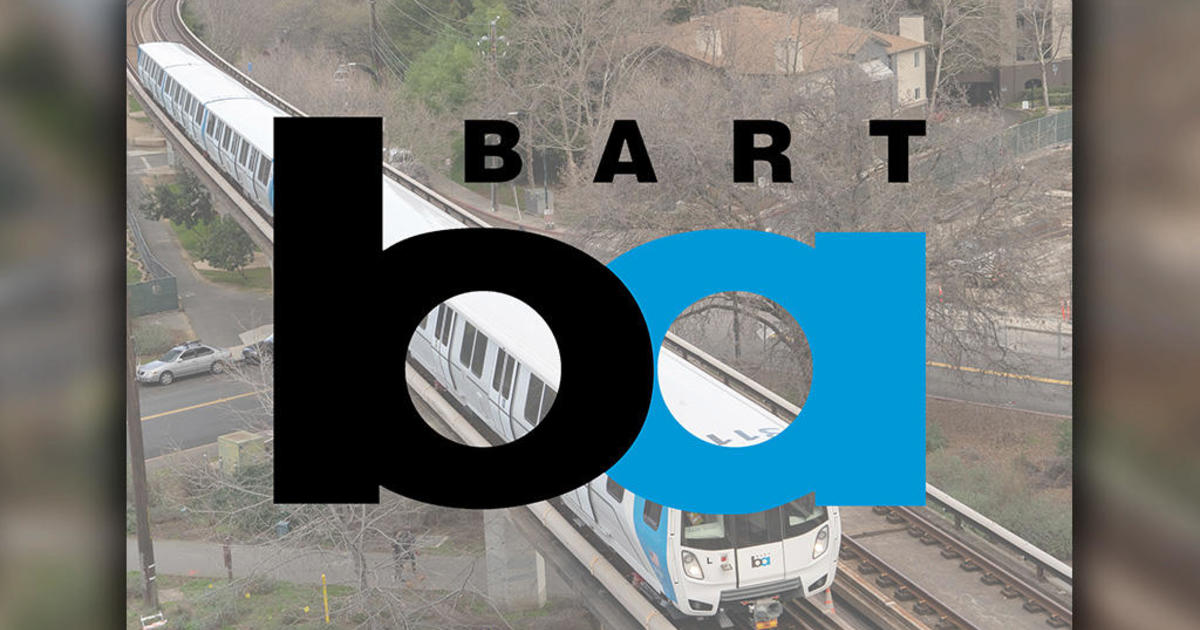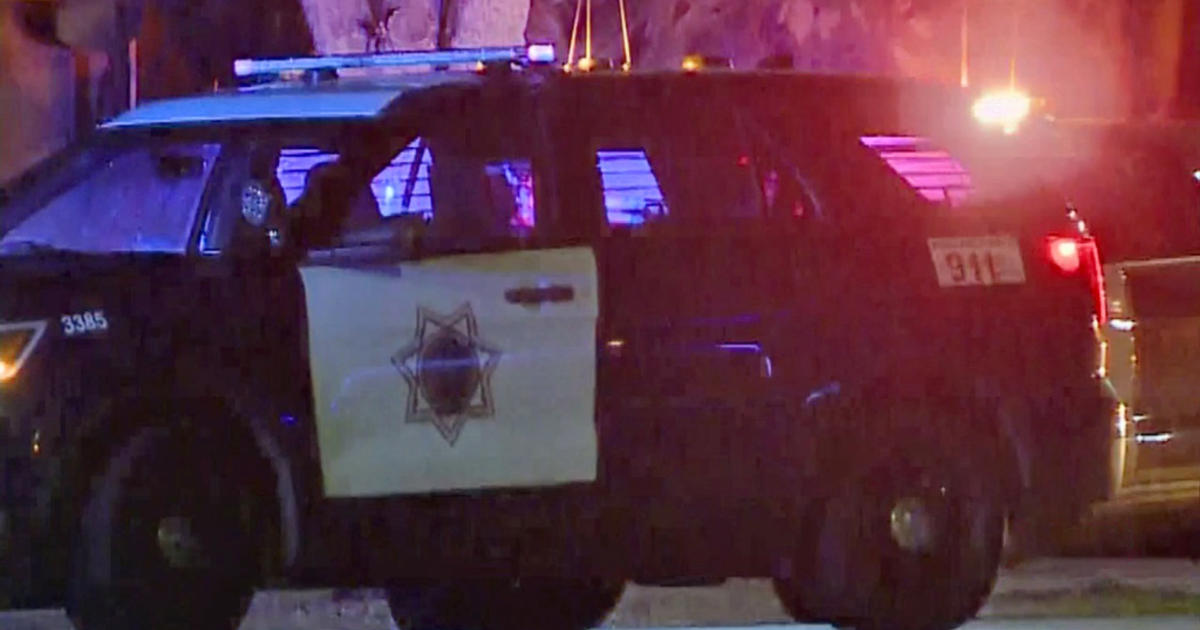Explosive Fracked Oil Destined For Bay Area; Neighbors Rail Against Chemical Trains
PITTSBURG (KPIX 5) -- Fear of fracking in California used to be about the drilling. Now there's a new potential danger: trains. Major plans are underway to bring fracked oil to the Bay Area by rail from North Dakota. It turns out the oil is not your average crude.
A toxic cloud of smoke and flames in North Dakota. A town in Quebec leveled, with 47 dead.
Train derailments involving unusually powerful explosions are on the rise and they have a common cargo: crude oil fracked from North Dakota's Bakken shale fields.
"All over the United States that is all they are bringing in. They are fracking," said Kalli Graham.
Along with her neighbor Susan Burkitt, they are heading up a growing coalition of residents fighting to keep the trains from rolling into the Bay Area.
"There's just too much at risk," Burkitt said.
A company called WesPac Energy wants to modernize and reactivate an old PG&E oil storage terminal in Pittsburg. The plan is to bring the oil in by rail, primarily fracked oil from North Dakota, Colorado, and Texas. The oil would be stored in huge tanks then transferred to all 5 Bay Area refineries by pipeline.
"242,000 barrels (of oil) a day in and out. That is an incredible and a ridiculous amount," Graham said.
A draft Environmental Impact Report (EIR) admits to "significant and unavoidable" risks of air pollution, greenhouse gas emissions, spills and accidents.
KPIX 5 has learned about even greater risks. These trains carrying crude from North Dakota's Bakken oil fields are potentially explosive time bombs. Federal investigators said the chemicals the oil contains from the hydraulic fracturing process make it more flammable than traditional heavy crude.
Related Links:
"Transporting these 50 and 100 tanker car trains of crude oil that is volatile and flammable and explosive, it's really dangerous business," said Diane Bailey, senior scientist with the Natural Resources Defense Council.
Bailey said the chemicals known to be used in fracking such as benzene are also very toxic. "Benzene is a very powerful cancer causing agent associated with all sorts of health impacts particularly things like leukemia in children," she said.
KPIX 5 asked WesPac Energy's Art Diefenbach about that. "The facility is designed to be silent, odorless, and safe," he said.
We pointed out that the Department of Transportation issued a safety alert January 2nd specifically about Bakken crude (.pdf), calling it more flammable than conventional crude. We asked how that warning would affect the draft EIR.
"It's already been addressed," he said. "The environmental report already covers crude oils that include the quality of the Bakken crude oil. So it's not really possible for that sort of thing to happen."
But tell that to the residents of Casselton, North Dakota or Lac-Megantic, Quebec.
Graham and Burkitt aren't buying it. "We have this wonderful new marina district down here, old town, and for them to bring in an industrial project such as that so close to our homes, no!" Graham said.
"Instead of being another town that a disaster has happened in, we are going to be known as a town that stood up and didn't allow this to happen to begin with," Burkitt said.
Another big issue with the WesPac project and other crude by rail proposals in the Bay Area is the potential for Canadian tar sands oil to also come in. That's the dirtiest and cheapest oil on the market.
WesPac's Art Diefenbach told KPIX 5 that's not going to happen in Pittsburg. Environmentalists we talked to are skeptical.
Pittsburg's city council is expected to make a decision on the WesPac project next month.



